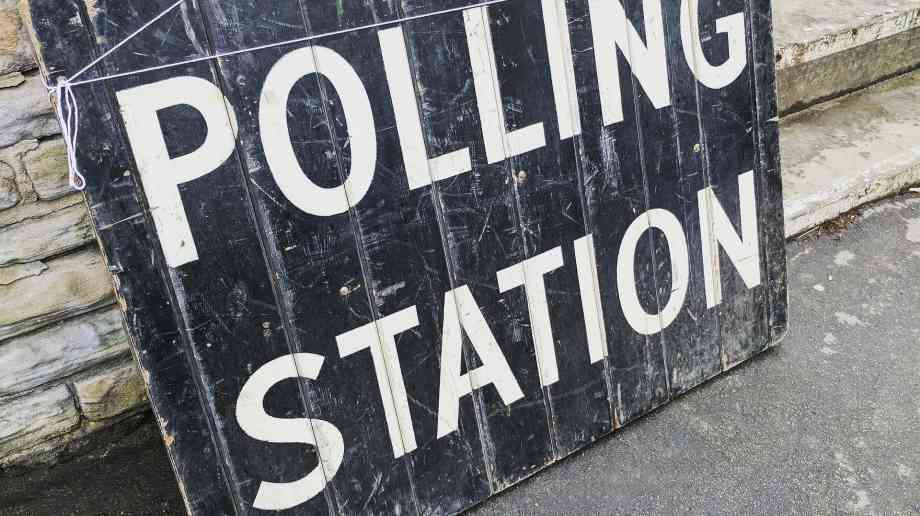Sue Robb of 4Children talks to Julie Laughton and Alison Britton from the Department for Education about the role of childminders in delivering the 30 hours free entitlement.
Voter ID plans ‘the wrong priority’ for government

The Electoral Reform Society has warned that the government’s current plans to impose voter ID is a very ‘expensive distraction’ from the serious threats facing our democracy.
The first civil society assessment of the pilots, combined in the A Sledgehammer to Crack a Nut: The 2018 Voter ID Trials report, have emphasised a number of concerns about the potential consequences of forcing voters to show ID documents at the polling station, akin to ‘rearranging the deckchairs while democracy veers towards an iceberg’.
The society claims that imposing mandatory voter ID could cost up to £20 million per general election. Furthermore, the pilots in the report show that the disenfranchising effect of voter ID could change the result of future elections and that turnout in the trials was likely to have been artificially stimulated by awareness campaigns. For example, the Cabinet Office provided £200,000 of funding in Bromley, which included additional staffing costs. Awareness campaigns on the same scale would be unlikely in a national roll-out.
Lastly, voter ID is a disproportionate response to the problem of in-person fraud. In fact, there were just 28 allegations of personation – the type of fraud ID is meant to fix – in 2017 which resulted in a single conviction out of 45 million votes.
Jess Garland, director of Research at the Electoral Reform Society, said: “When it comes to voter ID, the government is rearranging the deckchairs while our democracy heads towards an iceberg. Revelations about serious wrongdoing during the Brexit campaign have shaken faith in our elections, with online campaigning starting to look like a ‘wild west’ beyond the reach of our regulations. And yet the government continues to pursue a policy that asks legitimate voters to identify themselves – instead of those who are seeking to manipulate our elections through disinformation and unregulated finance.
“If rolled out nationally this scheme could cost the taxpayer up to £20 million per General Election and, based on this year’s trials, could disenfranchise tens of thousands of voters. These are significant numbers – and the disenfranchising effect of voter ID could easily swing the result of future elections. The government should abandon these costly, undemocratic plans and focus on boosting democratic engagement instead.”
Company Focus
Just Lanyards is a subsidiary name of Gifts 2 Impress Limited, who have been trading for over 25 years, we therefore pride ourselves in having endless experience covering all aspects of the promotional merchandise industry.
Event Diary
UKREiiF has quickly become a must-attend in the industry calendar for Government departments and local authorities.
The multi-award-winning UK Construction Week (UKCW), is the UK’s biggest trade event for the built environment that connects the whole supply chain to be the catalyst for growth and positive change in the industry.
Supplier Profiles
Geo Energy
At GeoEnergy Design, we're on a mission to disrupt the traditional way heating and cooling ha
Latest Features
Professor Harith Alani, director of the Knowledge Management Institute at the Open University explains how AI can be used for good and bad.
Alex Lawrence, head of health & social care, techUK sets out techUK’s Five Point Plan for CareTech.

















